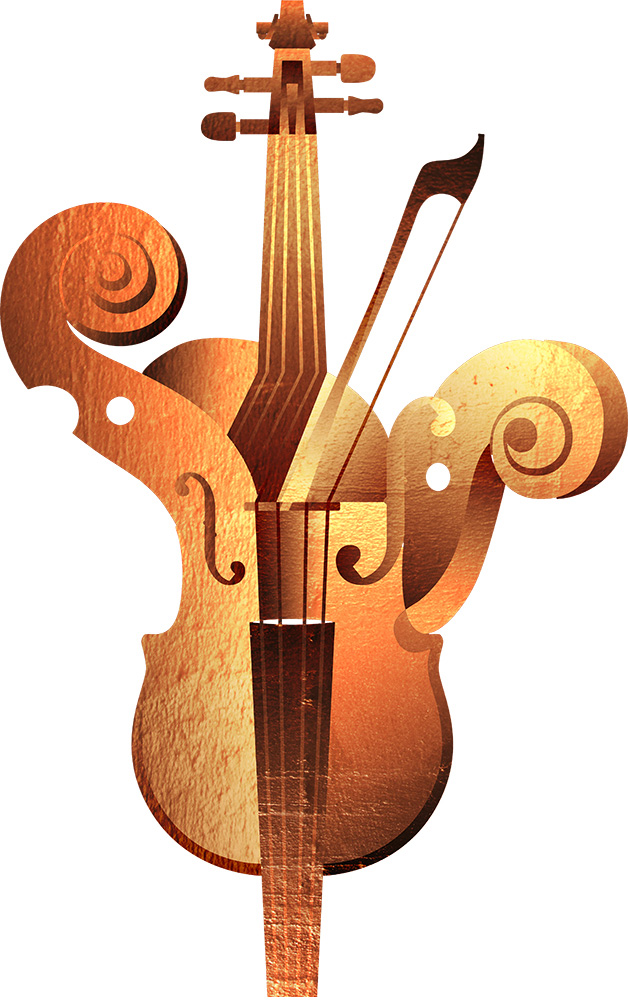The Muse
Born out of Chaos, Gaia is the primeval Greek goddess representing the Earth.
The significance of the age-old locution is also found in Sanskrit, where Gaja personifies a number of attributes such as wisdom, richness, boldness and strength, and in Hebrew, where Chaia means “alive”. In scientific terms, Gaia refers to the theory that living organisms on a planet will affect the nature of their environment in order to make it more suitable for life … the Earth as a vast self-regulating organism.
The Inspiration
The GAIA Music Festival bears a name that reflects its character and spirit, offering those in attendance a common ground upon which to channel their energies towards a vivid and unique artistic endeavour.
Since its inception in 2006, GAIA has become an effervescent melting pot of ideas and impulses, designed as a heightened experience for both musicians and their audiences. Following non-traditional paths in its quest for innovative ways of sharing music, GAIA strives to make music accessible for everyone and continuously pioneers conceptually-driven events which include established, rarely-played, contemporary and specially-commissioned repertoire, as well as alternative approaches to their presentation.
GAIA is a platform for progressive thinking and unprecedented encounters, aspects which are relevant to the arts in the 21st century. With care and preparation, GAIA is forging dramatic and far-reaching change in the way music is made, heard and appreciated.
The Nuclei
Artistic director, violinist Gwendolyn Masin, has enjoyed success not just as a soloist and chamber musician, but with the realisation of critically acclaimed festivals throughout Europe.
Gwendolyn Masin initiated the first GAIA Music Festival near Stuttgart, where it was rewarded by two consecutive years of highly-praised programmes and sold-out halls. The festival was honoured with the Göppinger Kulturpreis for its outstanding impact on the cultural landscape. In 2009, the festival had its premiere in Switzerland, where it has remained ever since.
The premise is simple. Hailing from all corners of the globe, musicians spend a week rehearsing and performing together, forming a unique bond with each other and sharing it with their audiences. Since its inaugural edition in Switzerland, GAIA has been proclaimed a cultural highlight by the press, and in consecutive years, has received further praise from the international media.
GAIA creates music and partnerships on site. One manifestation of this is the premiere of at least one work by a contemporary composer. These are commissioned especially by and for the festival.
For several decades now, Masin's work has increasingly focused on finding alternative ways to bring more music to more people. In an interview with “Der Bund” in 2022, she stated that she believes “artists are critical observers of time and have, as part of their means of expression, the possibility to offer meaningful contributions to the public, ones brimming with intent and impacting audiences.”
The Musicians and Their Audience
Each year, eminent artists from all over the globe spend just over a week living and working together in Thun. The invitees, reflecting GAIA’s objectives, have contributed to the world of arts in unusual and exciting ways. A veritable pool of luminaries, many have boldly stepped out on their own, free from the constraints and expectations of anyone other than themselves.
The Festival and its tributaries winding through Thun to mark spring’s first light breeze are occasions to connect through a celebration of music, one that is in constant flux between performers and audience. Every detail of the programme, rehearsal process and concerts are conceived from the start with a wish to express music so as to draw listeners in. Thus, performances bear relevance to those touched by the affair, in turn allowing those present to rethink their perception of classical music.
The Ideas
The public chamber music sessions depart from the structured lifestyle and relentless schedule of performing artists. GAIA introduces spontaneous chaos into scenarios that generally thrive on precision.
In Ms Masin’s search for a meaningful merging of talents, she introduces the inspirational musicians she has met along her path to one another and closes the generation gap between them. The reinterpretation and, to a certain extent, creation of music inevitably takes place, the process cooking and bubbling palpably before its audience – a composition previously performed or heard becomes a distinct chef-d’œuvre replete with new angles and bends. Through the exchange of thoughts between the players, the piece is sculpted until a new insight into the opus forms. This discovery lends all in attendance the much-needed means to listen to music with fresh ears. As can be heard at the concerts during the culmination of the Festival week, within a short time, chaos restructures itself into an entirely new kind of order.
GAIA concert programmes include ensembles and works that have been created specifically for and at the Festival as well as existing complete productions. The overall content of GAIA is recorded, printed and curated for future broadcasting and archive.
